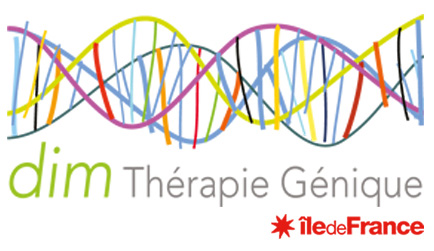Scientific leader
Pr. Christine Petit
Over 5% of the world’s population has disabling hearing loss. About 75 % of the congenital or early onset deafness cases are hereditary. Moreover, the age‐related hearing loss or presbycusis implicates genetic risk factors. However, there are presently no curative therapies for deafness. Over the past years, the teams of the Institut de l’Audition have focused their efforts on the development of gene therapy for restoring hearing and balance in mouse models for genetic forms of congenital deafness, with a major success in restoring normal auditory thresholds in a profoundly deaf mouse model for the autosomal recessive non‐syndromic deafness DFNB9. Further development in the perspective of gene therapy trials for DFNB9 and for the other deafness genes will require a fine analysis of their efficiency in transducing efficiently and specifically the defective cell types and in reversing subtle cellular anomalies. This project aims to perform high‐resolution three‐dimensional reconstructions of the cochlea, the auditory sensory organ, at the whole organ’s scale and of auditory brain regions.
Laboratory
63 Rue de Charenton
75 012 Paris

